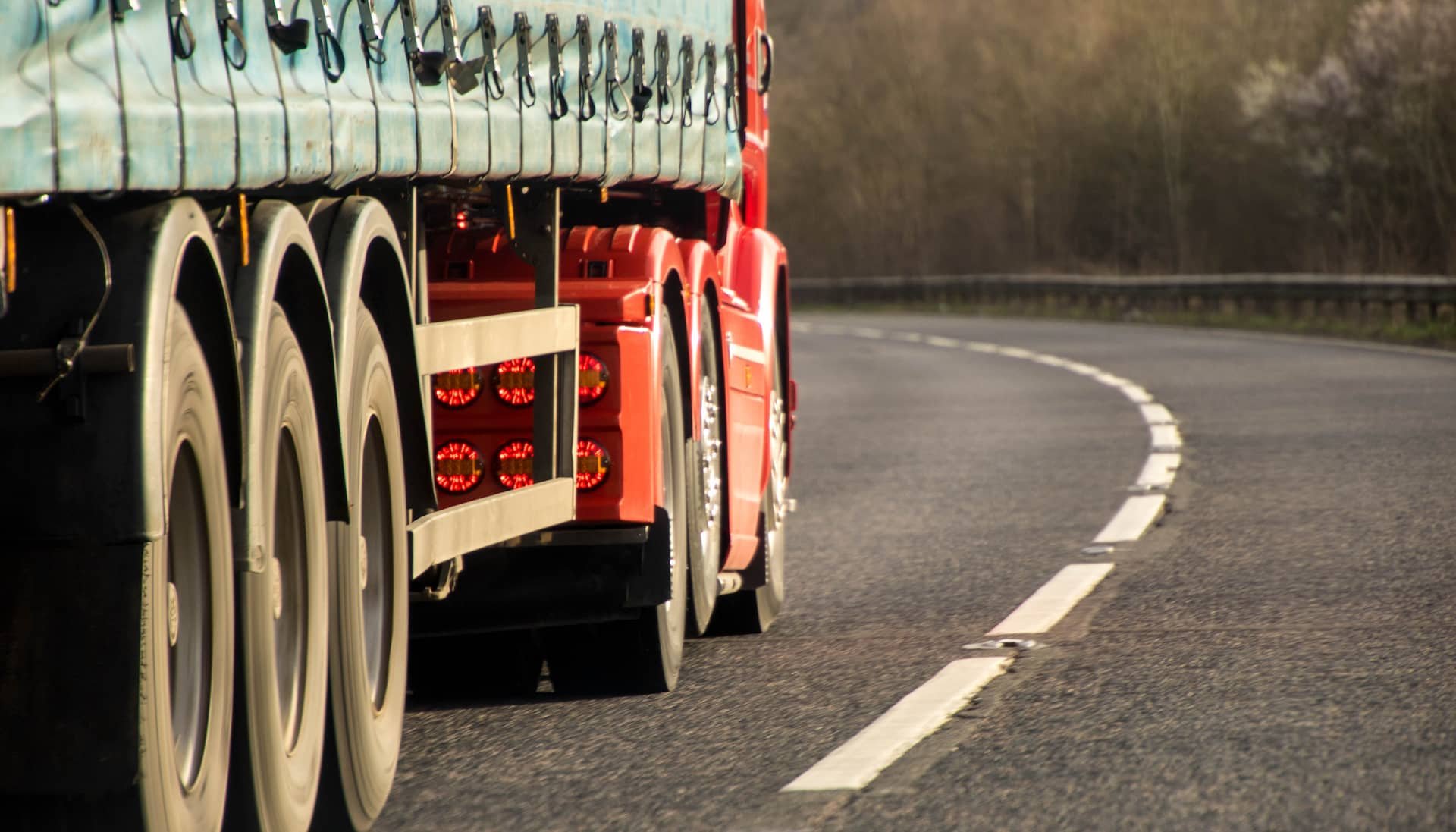Zero Emission Plans for Road Transport to Build Back Greener
The UK government ‘s Net Zero strategy outlined in October 2021 outlines an ambitious and wide-ranging plan designed to promote the uptake and use of low or no carbon fuels and power generation sources across all sectors of activity within the next 20 years, transforming the current intermodal delivery model with zero-emission HGV’s and fully decarbonised deliveries.
The HGV freight transport sector has already done a great deal to reduce emissions. Figures from the UK government’s Transport and Environment Statistics Report for Autumn 2021 show that over the last ten years emissions by HGVs have reduced by 5% while mileage has gone up by 12% an evolution due in large part to the replacement of older vehicles by more efficient types and the use of fuel additives and products like AdBlue™, but countering this, fuel efficiency gains in HGVs have been offset by an increase in the proportion of larger/heavier HGVs amongst new registrations.
The figures for vans show a dramatically different picture with emissions up by 65% and mileage up by 124%. While the same beneficial effects from engine and fuel improvements have also moderated the emissions, the big increase in mileage for these smaller delivery vehicles is largely attributable to the growth in domestic home delivery commerce as consumers increasingly buy from the constantly growing list of online retailers and shippers, trends that show no sign of reducing any time soon.
However, average new van fuel efficiency has increased in recent years because of the legislation of 2016 that ensures that all new vans must comply with Euro 6 and new vehicles have generally been more fuel efficient. As a result, emissions tend to decrease at a slower rate than total vehicle miles. However, this effect is stronger for some models than for others.
Diesel transport is changing rapidly in the short-term by converting to the use of transition fuels such as HVO and other Biofuels. This evolution is set to accelerate over the immediate future as fuel distributors move from drop-in additions to mainstream supply. This is just one step in the road to an eventual move to a longer term fully low-carbon strategy which will encompass both hydrogen and electric transportation models.
The government have recently announced a series of zero-emission and hydrogen fuelled road freight trials. These will attempt to determine the real operational benefits and infrastructure requirements that will have to apply as the new fuels are fully introduced.
Plans are also well advanced for the banning for sale of all non-zero HGV’s under 26 metric tons by 2035 and by 2040 for those over this weight.
The future health of the planet, which requires the removal of our dependence on fossil fuels, needs us to take a multitude of diverse actions, and with government backing and regulation the fuel and road transport industries are already adapting rapidly with advanced fuels and technology to meet the challenges of reaching near to or actual zero emissions.
If you’d like help with your transition to cleaner fuels, please get in touch.

